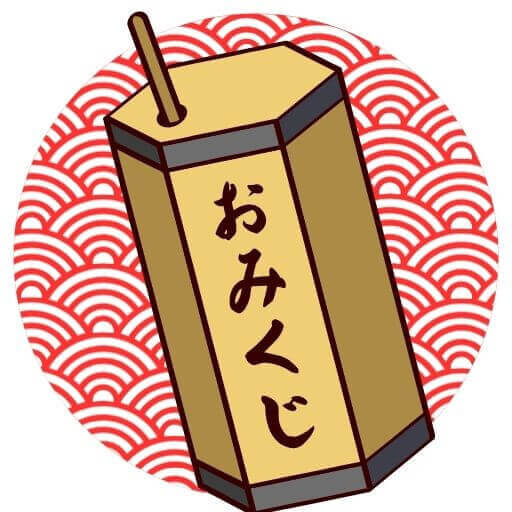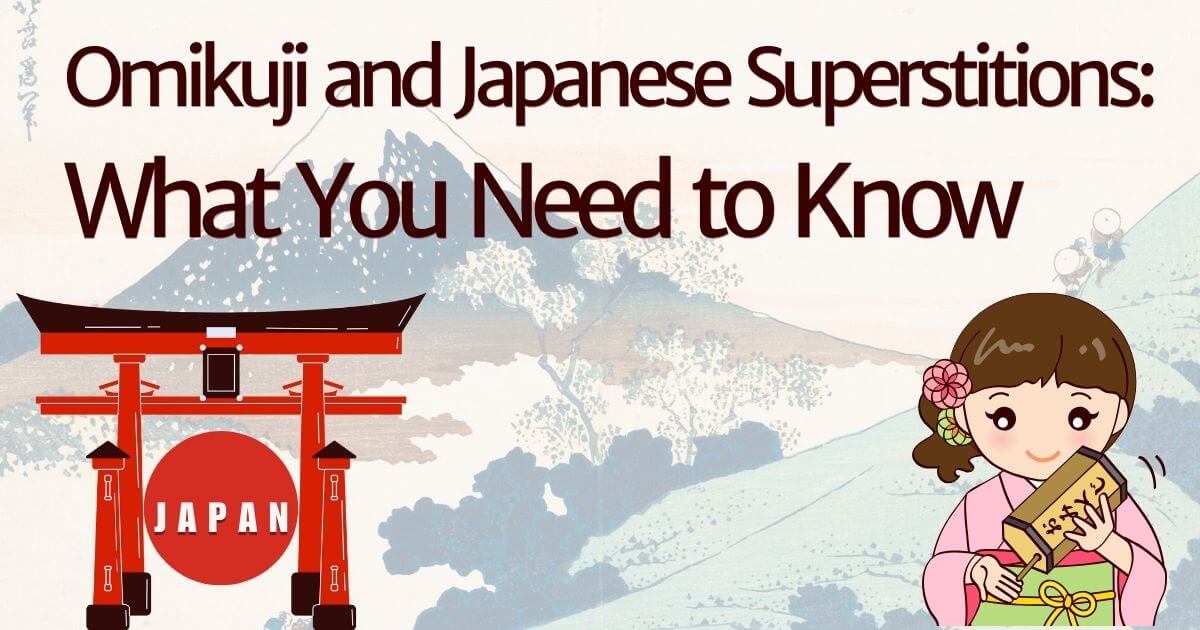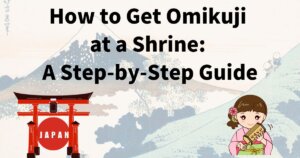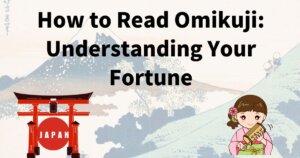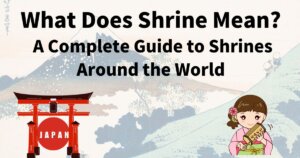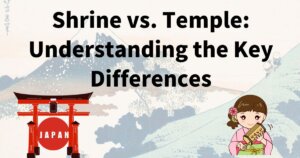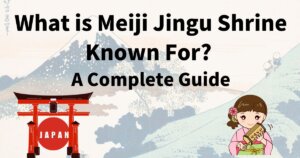📍 How are Omikuji and Japanese superstitions connected?
Learn about luck, misfortune, and hidden meanings behind Omikuji.
Explore traditional beliefs and fortune-telling methods in Japan.
Find out why Japanese people follow these superstitions today.
How Omikuji Connect to Japanese Superstitions
(おみくじと日本の迷信の関係)
Japan has a rich culture of superstitions, many of which are tied to Shinto and Buddhist beliefs. Omikuji, as a form of fortune-telling, share similarities with various Japanese superstitions and reflect deep-seated cultural traditions.
Why Japanese People Believe in Superstitions
Superstitions in Japan stem from religious beliefs, folklore, and societal traditions. Many people follow them to bring good luck and avoid misfortune.
Common Superstitions Related to Omikuji
- Getting a “凶” (bad luck) Omikuji means a bad year ahead.
- If you tie a bad Omikuji at a shrine, misfortune will be avoided.
- Great luck (大吉) on New Year’s Omikuji predicts a successful year.
Is “凶” (Bad Luck) Really a Bad Sign?
Many believe that drawing “凶” (bad fortune) is negative, but some traditions suggest it is actually a chance for improvement.
- Encourages self-improvement and perseverance.
- Symbolizes the start of an upward journey.
- Many shrines offer rituals to reverse bad fortune.
How Omikuji Relate to Other Japanese Fortune-Telling Methods
Omikuji is one of many forms of fortune-telling in Japan. Others include:
- Blood Type Fortune-Telling (血液型占い) – Determines personality based on blood type.
- Palm Reading (手相占い) – Reads hand lines to predict one’s future.
- Name Divination (姓名判断) – Uses kanji characters to assess luck and destiny.
Superstitions in Daily Japanese Life and Omikuji
Superstitions Related to Luck and Good Fortune
- Seeing a tea stalk floating upright in tea means good luck.
- Finding a four-leaf clover brings happiness.
- Dreaming of Mount Fuji, a hawk, or an eggplant on New Year’s Day is a good omen.
Superstitions Related to Avoiding Misfortune
- Cutting nails at night brings bad luck.
- Stepping on the threshold of a shrine is disrespectful.
- A black cat crossing your path signals bad luck.
Why Do Japanese People Follow These Superstitions?
Japanese superstitions are deeply rooted in cultural beliefs, family traditions, and historical influences.
- Belief in balance between good and bad fortune.
- Influence of religious and spiritual traditions. Social customs passed down through generations.
Conclusion: Omikuji and Japanese Superstitions
- Omikuji are deeply connected to Japanese superstitions.
- Many Japanese superstitions originate from Shinto and Buddhist beliefs.
- Some people believe getting a “凶” is actually a chance for improvement.
- Tying bad Omikuji at a shrine is believed to prevent misfortune.
- Many superstitions involve predicting luck through everyday signs.
- Omikuji differ from other fortune-telling methods in Japan.
- Common superstitions include lucky symbols like tea stalks and four-leaf clovers.
- Misfortune-related superstitions warn against certain actions like cutting nails at night.
- Japanese superstitions are deeply rooted in culture and family traditions.
- People use Omikuji for spiritual guidance and reassurance.
- The belief in luck and balance influences daily decisions.
- Understanding Omikuji and superstitions enhances appreciation of Japanese culture.
